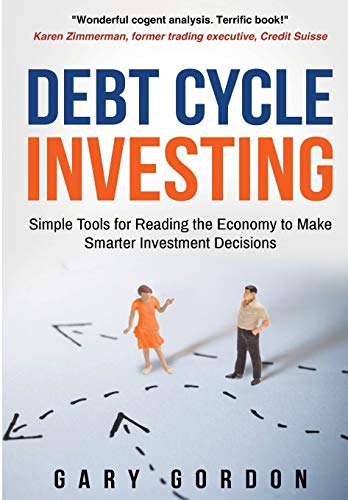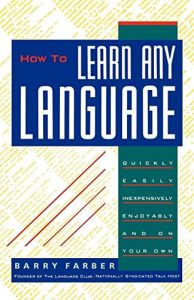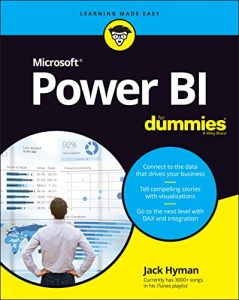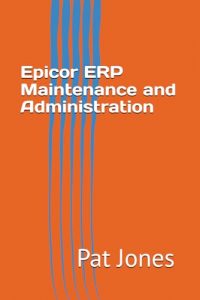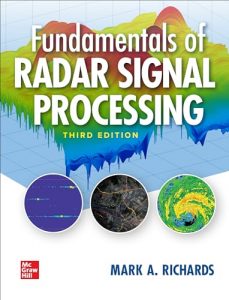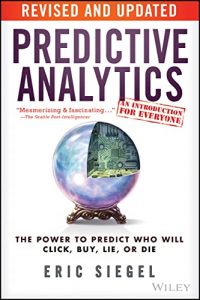1. Debt Cycle Investing: Simple Tools for Reading the Economy to Make Smarter Investment Decisions
In “Debt Cycle Investing,” Gary Gordon provides a crucial guide for anyone looking to navigate the choppy waters of economic fluctuations. This book is indispensable for understanding how debt influences economies and ultimately your investments. Gordon breaks down complex economic principles into actionable insights, making it suitable for both novice and experienced investors. By the end of this book, you will have the tools to make informed decisions based on economic cycles, empowering you to invest with confidence and foresight.
2. Financial Instruments: Equities, Debt, Derivatives, and Alternative Investments
If you’re eager to grasp the multifaceted domain of financial instruments, David M. Weiss’s “Financial Instruments” is a treasure trove of information. This concise, yet comprehensive guide demystifies complex financial products ranging from equities to derivatives. It serves not only as an educational resource but also as a reference that seasoned professionals can turn to. With practical explanations and examples, Weiss equips readers with the knowledge to evaluate various instruments successfully and enhances their investment strategy.
3. International Environmental Labelling Vol.10 Financial: For All People Who Wish to Take Care of Climate Change, Financial Products & Services
Jahangir Asadi’s “International Environmental Labelling” series addresses a vital intersection of finance and environmental stewardship. This particular volume covers financial products and services that navigate climate change effects, making it a must-have for eco-conscious investors. Asadi emphasizes sustainable investment, providing insights into capital restructuring and portfolio management in the context of environmental impact. This book not only promotes responsible investing but also lays out a vision for a future where financial success coexists with ecological health.
4. Debt Reduction and Economic Activity
The “Debt Reduction and Economic Activity” report by the International Monetary Fund is a seminal work for understanding how debt influences economic health. With a historic lens, it explores the ramifications of debt reduction strategies on economic growth and activity. This resource is particularly vital for policy makers and economists aiming to foster sustainable growth while managing debt burdens. It combines rigorous analysis with practical recommendations that can inform economic policy and investment strategies.
5. Commercial Bank Debt Restructuring–The Experience of Bulgaria
Aerdt G. F. J. Houben’s “Commercial Bank Debt Restructuring” takes an in-depth look at Bulgaria’s transition and the restructuring of its banking sector. This book provides a critical analysis of the challenges faced during this transformative period, making it an essential read for anyone interested in economic transitions and banking. By examining the Bulgarian experience, Houben equips readers with lessons on resilience, strategy, and policy formulation that can be applicable in various contexts worldwide.
6. Reviving the Case for GDP-Indexed Bonds
In “Reviving the Case for GDP-Indexed Bonds,” Eduardo Borensztein and Paolo Mauro make a compelling argument for an innovative financial instrument that ties bond returns to a country’s GDP performance. This book is a thought-provoking exploration of how these bonds can mitigate risks for both issuers and investors. Ideal for financial professionals, this work encourages a reevaluation of traditional fixed-income investments and offers forward-thinking solutions that align financial security with economic growth.
7. Macroeconomic Adjustment: Policy Instruments and Issues
This insightful book by the International Monetary Fund and Jeffrey M. Davis delves into macroeconomic policy tools and their roles in adjustment processes. It’s an essential read for economists and policymakers aiming to navigate economic challenges through effective policy design and implementation. The blend of theory and practical issues covered will help readers understand how macroeconomic adjustments can stabilize and enhance economic health amidst changing global dynamics.
8. Conquer the Series 7 Exam: Three Practice Tests with Explanations
Philip Martin McCaulay’s “Conquer the Series 7 Exam” is an invaluable resource for aspiring equity traders and financial advisors. With three comprehensive practice tests and detailed explanations, it provides the tools necessary to succeed on one of the pivotal exams in the finance industry. This book not only aids in exam preparation but also deepens your understanding of critical concepts in investment proficiency, making you better equipped for a robust career in finance.

